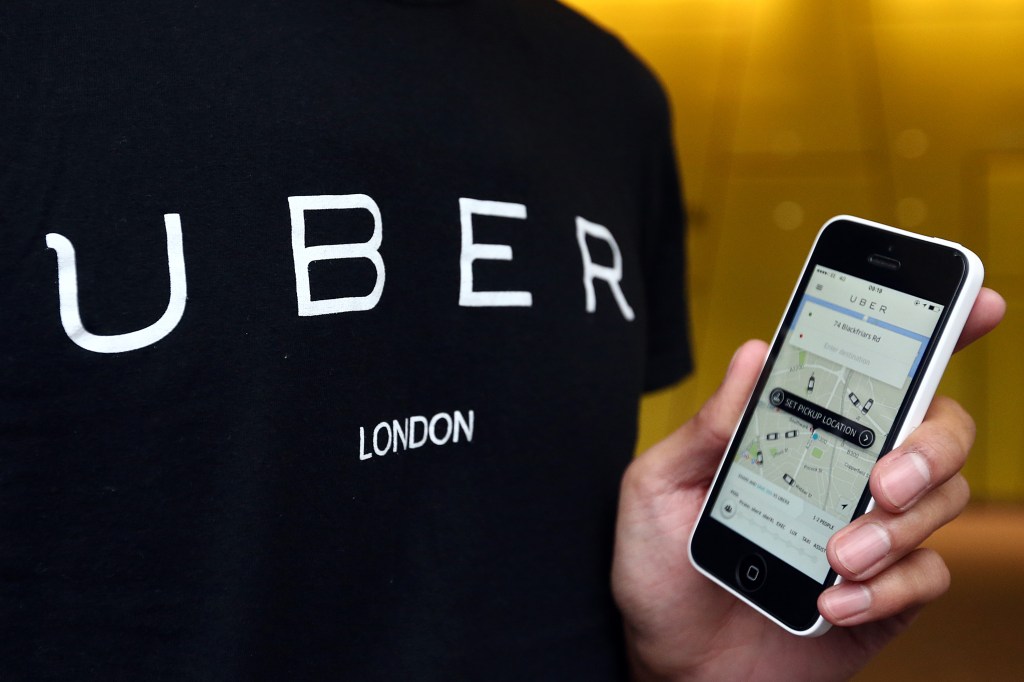Uber has won its appeal against having its licence to operate withdrawn in London.
In today’s judgement the court decided it was satisfied with process improvements made by the ride-hailing company, including around its communication with the city’s transport regulator.
The new licence comes with 21 conditions, jointly suggested to the Magistrate by Uber and TfL, according to an industry source.
It wasn’t immediately clear from the judgement how long Uber would be granted a licence — with the judge wanting to hear more evidence before taking a decision. But it’s since emerged the licence has been renewed for 18 months — considerably shorter than the five-year renewal it had applied for back in 2017.
“Uber does not have a perfect record but it has been an improving picture,” the judge said, adding: “I am satisfied that they are doing what a reasonable business in their sector could be expected to do, perhaps even more.”
The ride-sharing giant has faced a multi-year battle to have its licence reinstated after Transport for London (TfL), the city’s transport regulator, took the shocking decision not to issue a renewal in 2017 — citing safety concerns and deeming Uber not “fit and proper” to hold a private hire operator licence.
It went on to win a provisional appeal back in 2018 — when a U.K. court granted it a 15-month licence to give it time to continue working on meeting TfL’s requirements. However, last November the regulator once again denied a full licence renewal — raising a range of new safety issues.
Despite that, Uber has been able to continue operating in London throughout the appeals process — albeit, with ongoing uncertainty over the future of its licence. Now it will be hoping this is in the past.
In the appeal, Uber’s key argument was that it is now “fit and proper” to hold a licence — claiming it has listened to the regulator’s concerns and learnt from errors, making major changes to address issues related to passenger safety.
For example Uber pointed to improvements in its governance and document review systems, including a freeze on drivers who had not taken a trip for an extended period; real-time driver ID verification; and new scrutiny teams and processes; as well as the launch of “Programme Zero” — which aims to prevent all breaches of licence conditions.
It also argued system flaws were not widespread — claiming only 24 of the 45,000 drivers using the app had exploited its system, to its knowledge.
It also argued it now cooperates effectively and proactively with TfL and police forces, denying it conceals any failures. Furthermore, it claimed denying its licence would have a “profound effect” on groups at risk of street harassment — such as women and ethnic minorities, as well as disabled people.
It’s certainly fair to say the Uber of 2020 has travelled some distance from the company whose toxic internal culture included developing proprietary software to try to thwart regulatory oversight and eventually led to a major change of guard of its senior management.
However, it’s interesting the court took the step of considering what length of licence Uber should receive — so while it’s a win for Uber, there are still some watchful caveats.
Offering commentary on today’s ruling, Anna McCaffrey, a senior counsel for the law firm Taylor Wessing, highlighted this element of the judgement. “The Magistrates Court agreed that Uber had made improvements and addressed TfL safety concerns. However, the fact that the length of extension is up for debate, rather than securing Uber’s preferred five year licence, demonstrates that Uber will have to work hard to continue to prove to TfL and the Court that it has really changed. If not, Uber is likely to find itself back in Court facing the same battle next year,” she noted in a statement.
She also pointed out that a decision is still pending from the Supreme Court to “finally settle” the question as to whether Uber’s drivers are workers or self-employed — another long-running legal saga for Uber in the U.K.
The company is also now facing fresh legal challenges related to its algorithmic management of drivers. So there’s still plenty of work for its lawyers.
The App Drivers and Couriers Union (ADCU), meanwhile, offered a cautious welcome of the court’s decision to grant Uber’s licence renewal — given how many of its members are picking up jobs via its platform.
However, the union also called for the mayor of London to break up what it dubbed Uber’s “monopoly” by imposing limits on the numbers of drivers who can register on its platform. In a statement, ADCU president Yaseen Aslam argued: “The reduced scale will give both Uber and Transport for London the breathing space necessary to ensure all compliance obligations — including worker rights — are met in future.”
Update 1: Uber has now sent this statement — attributed to Jamie Heywood, regional general manager for Northern & Eastern Europe: “This decision is a recognition of Uber’s commitment to safety and we will continue to work constructively with TfL. There is nothing more important than the safety of the people who use the Uber app as we work together to keep London moving.”
Update 2: TfL has also sent a response. A spokesperson told us: “We note the Court has found that Uber is now fit and proper to hold a private hire operator’s licence in London. As a result of our decision in November last year Uber has implemented a number of changes to improve passenger safety and address the issues we identified. This 18 month licence with a number of conditions allows us to closely monitor Uber’s adherence to the regulations and to swiftly take action if they fail to meet the required standards.”































Comment